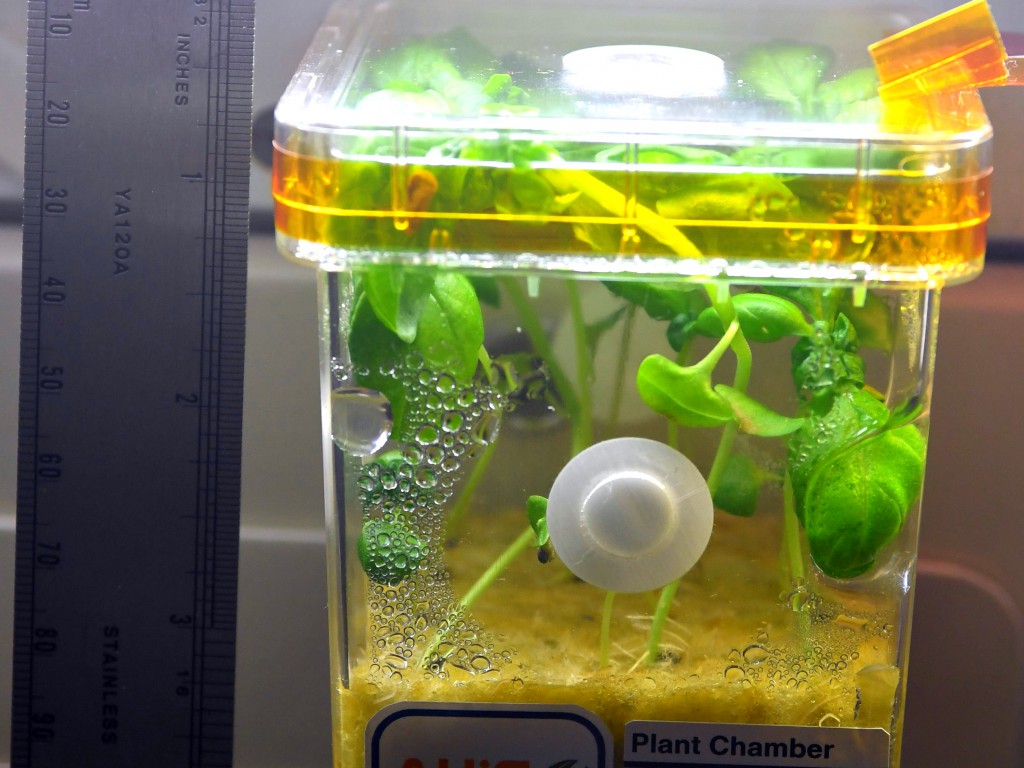Growing conditions
Record all information or data you have about the growing conditions of your plants, for instance you can take readings of the daily temperature, humidity and light.
The more readings you take, the better your information will be for analysing your investigation results and drawing conclusions for your research paper / poster.
Describe these conditions in detail, so we can understand what your measurements were about.
Ideally, everyone should conduct the research under the same conditions but it is difficult to maintain the same temperature, humidity or lighting levels across all the schools in New Zealand. To be able to make a comparison between all the seeds grown in schools, it is a very good idea to write down as much as you can about your particular conditions.
All collected data should be recorded regularly in a personally designed data logbook or using a data sheet.

Basic characteristics
The following are basic characteristics that you may choose to observe, measure, and record for your seeds
- Germination rate: Record the number of seeds that sprout and the date that each sprout appeared. Monitor how many of the seeds sprout within the first two weeks.
- Plant height: Measure and record this measurement daily.
- The number of leaves: Count and record daily.
- Observation of glandular hair cells on the leaves: Behind the leaves of basil plants are glandular hair cells that secrete essential oils. Let’s observe the shape of the cell. You will have to use a microscope or magnifying glass for this experiment, to observe glandular hairs.
- Aroma: describe the scent of the leaves.
#きょうのバジル 24日目。きょうはうえからもかんさつしたよ。はっぱが太陽電池パネルみたいにおおきく広がってるのがわかるね! #Spacebasil Day24 Leaves are just like #SolarArray of #ISS! pic.twitter.com/2s005Pbm5r
— NOGUCHI, Soichi 野口 聡一(のぐち そういち) (@Astro_Soichi) March 12, 2021
Comparison between the ISS and the ground data
The Japanese Space Agency (JAXA) AHiS Project team is looking for the following data:
- Observations on the growth of your lot of sweet basil plants. Think about why plants grew well and why they didn’t.
- Observations on the difference between the microgravity on the ISS and Earth’s gravity – 1G, by comparing your experiments with the one on the ISS.
The New Zealand Astrobiology Network will evaluate the participants’ reports from a scientific perspective.
You will compare growth such as stem length, leaf size, leaf color and number of leaves. At the end of the 30 days, we will also look at the glandular hair cells on the back of leaves, and count them.
Let’s find out how these are different from the sweet basil grown on the ISS.
What is the difference between under the ISS environment and your experiment conditions? These differences may significantly affect the results of growth experiment.
- Temperature
- Humidity
- Light
- Fertilizer
- Growth medium
- CO2 concentration
- Plant chamber (ventilation efficiency, water supply volume, plant density)
- Presence or absence of gravity
↓
What will change when you change these?
Furthermore, you can try different conditions on the ground to find the more suitable conditions for the growth of sweet basil, such as changing the plant box, fertiliser’s concentration, and the number of seeds sown in the plant box.
Submit your results and you will go in the draw to win a prize.
You can either write a report or produce an electronic poster of your experiment.
Here is what we require from you:
What to write in your report / poster
The structure of a general experiment report is as follows:
- Experimenter’s name(s) (Your name)
- Date started and the duration of the experiment
- Objective: What does the experiment observe?
- Experimental method: How did you make the plant box / what type of plant box did you use, what was the growing environment, what kind of work and how did you do it?
- Results: What kind of results did you get? (Please use “Plant growth records, photographs, Graph, Table, etc.” to make it easy to understand.)
- Discussion: What did you think of the obtained experimental results? (For example, what is the cause of the difference in growth between the ISS and the ground?)
